Jhalokathi, Aug 27 (V7N) – Hundreds of parents and residents in Jhalokathi’s Kathiali staged a human chain demanding the dismissal and legal action against the head teacher of Chingriakhali Government Primary School over allegations of negligence, abuse of students, and denial of stipends.
On the morning of August 26 at 10 AM, parents and community members gathered in front of Chingriakhali Government Primary School (School No. 40) to demand justice and the removal of head teacher Shahnaz Parvin. The protest took place along the adjacent roadway and included guardians of the school’s students.
Participants alleged that due to Parvin’s negligence and careless administration, 82 students were deprived of their stipends, despite their schools—including Chingriakhali—nominally receiving funds. They claimed that Parvin forced young students to perform tasks such as cleaning latrines, sweeping classrooms, and fetching water. When the children resisted, they were reportedly scolded and sometimes physically disciplined, leading many to avoid attending school.
Parents further accused Parvin of frequently arriving late and leave early—by around 1 PM—citing “office work” as justification for her absence from school. The school reportedly lacks proper assembly facilities. Community members also voiced concerns that any parent who raises objections is met with threats, including by Parvin’s husband, Akhtar Hossain Shanu, who reportedly intimidates those who speak out.
Speakers at the demonstration—including Khadija Begum, Rumi Begum, Hasan Mahmud, Babul Howlader, Salma Begum, Shahida Begum, and others—called for exemplary punishment and prompt removal of Parvin from the school.
In response, Parvin stated that the stipend disbursement was delayed due to server issues affecting schools nationwide, explaining: “We submitted the stipend list, but a server complication prevented disbursement. Higher authorities assure us that once the issue is resolved, all schools—including ours—will receive the stipends.”
The protest highlights deep concern over student welfare, administrative accountability, and equitable access to benefits in rural primary education.
END/AIJ/SMA/



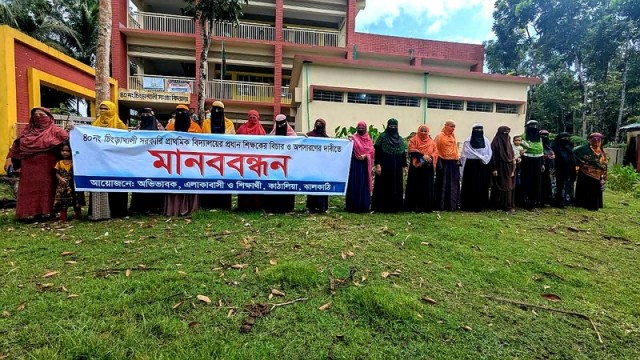
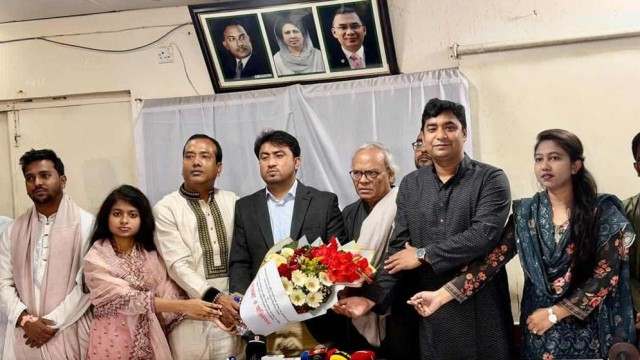
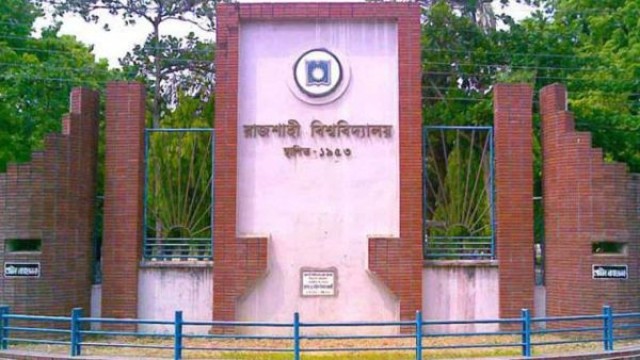
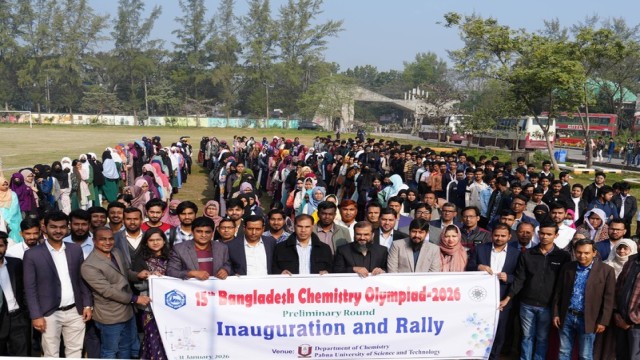
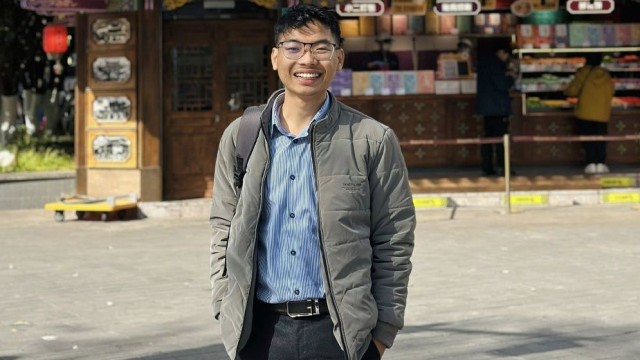
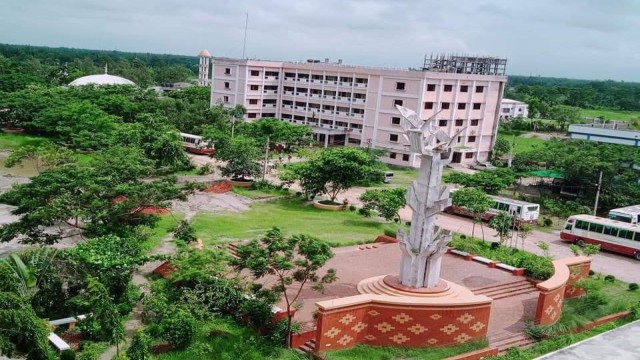

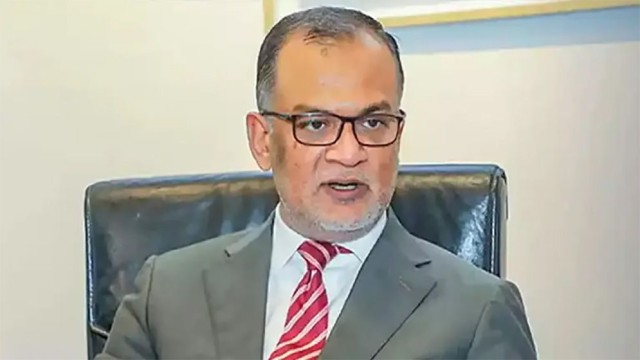
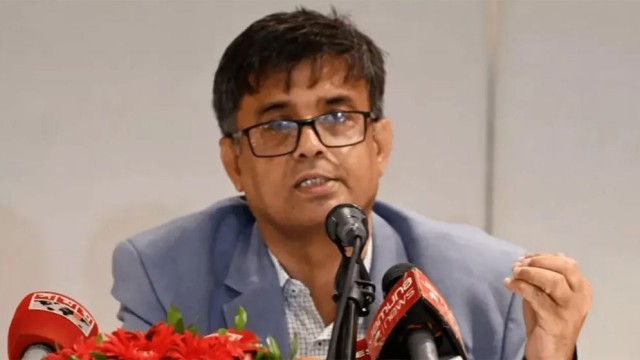


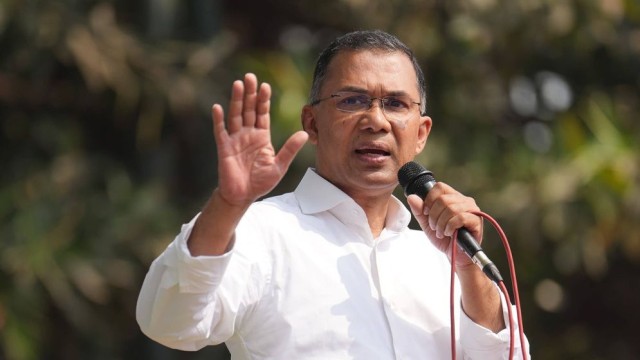
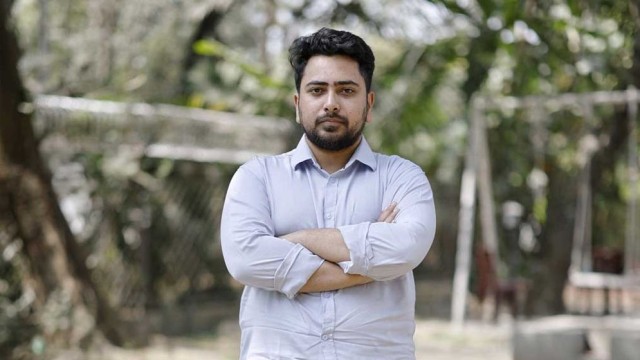
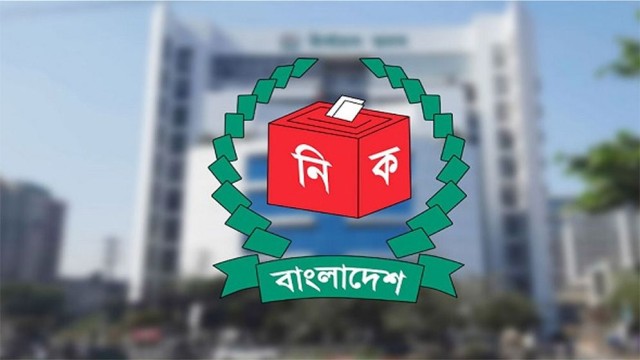
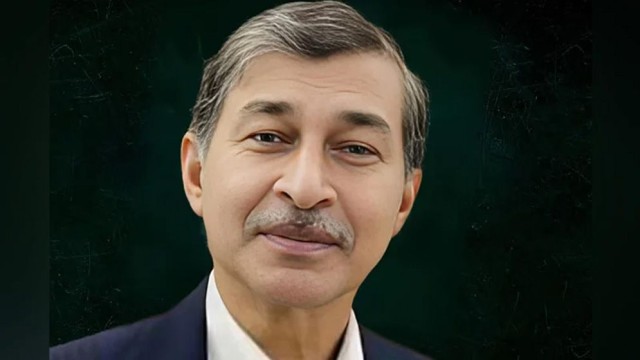
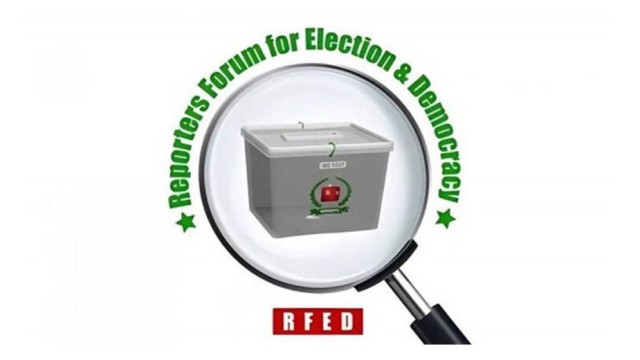
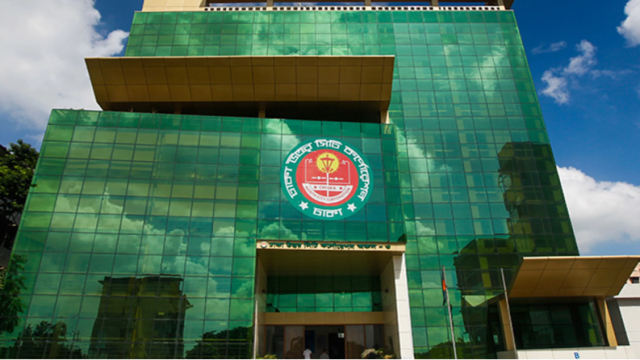






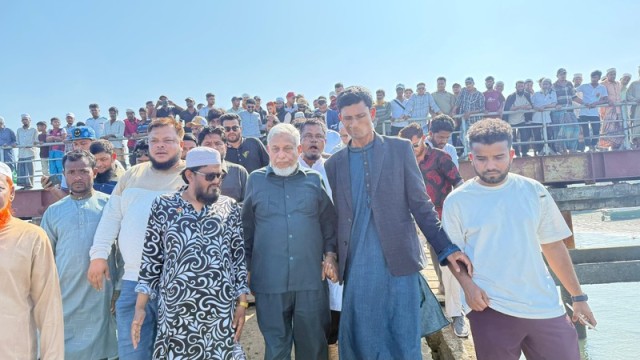
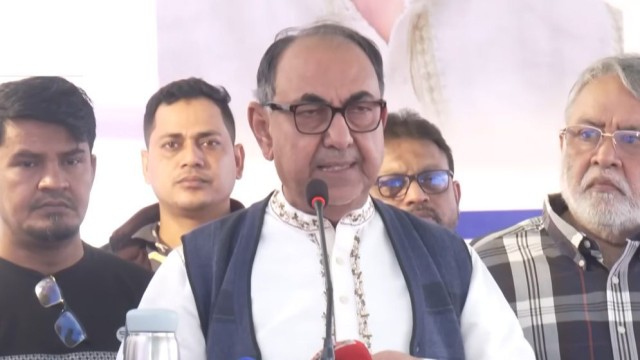
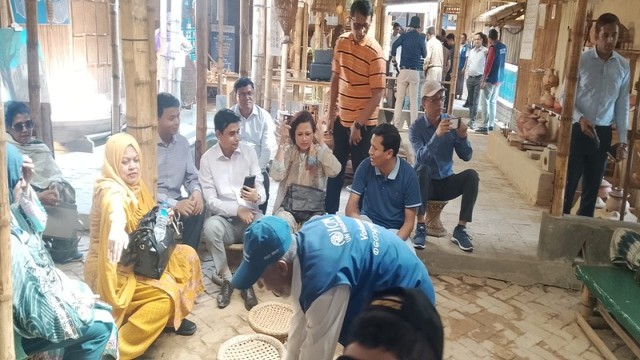
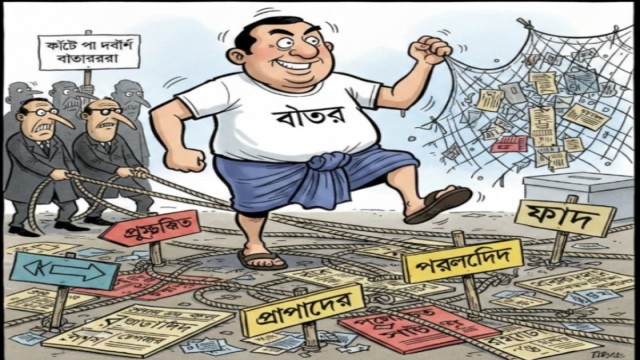

Comment: